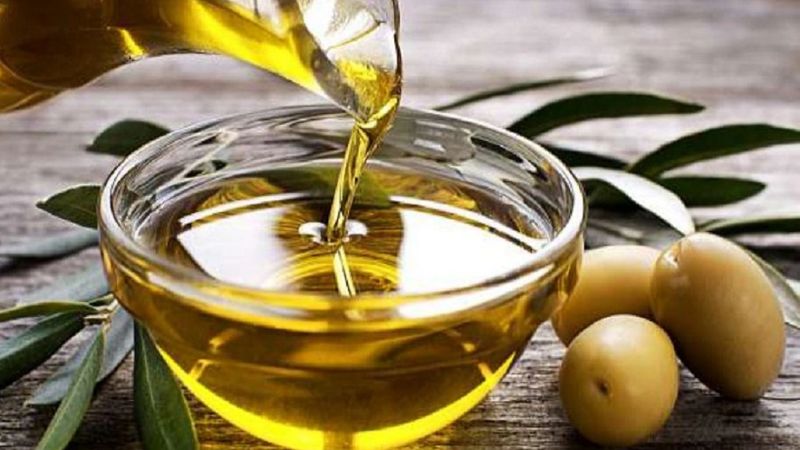Fatty liver disease (hepatic steatosis) has become increasingly common in modern society, primarily due to unhealthy dietary habits and sedentary lifestyles. A well-balanced and tailored diet plays a crucial role in managing and improving this condition. Choosing the right foods can reduce the burden on the liver, support detoxification, lower inflammation, and prevent serious complications. This article provides an overview of fatty liver disease, outlines essential dietary principles, and offers practical guidance on foods to include or avoid as part of an effective fatty liver diet.
1. Overview of Fatty Liver Disease
1.1 What is Fatty Liver Disease?
Fatty liver occurs when fat makes up more than 5–10% of the liver’s weight. There are two main types: Alcoholic Fatty Liver Disease (AFLD), which is linked to heavy alcohol use, and Non-Alcoholic Fatty Liver Disease (NAFLD), which is often associated with obesity and metabolic disorders. If not addressed early, fatty liver can progress to more serious conditions such as non-alcoholic steatohepatitis (NASH), cirrhosis, or liver cancer.

Fatty liver is a condition in which excess fat accumulates and accounts for more than 5–10% of the liver’s weight.
1.2 Common Causes
Several risk factors contribute to fatty liver, including:
– Poor diet: High intake of saturated fats, fried foods, and refined sugars.
– Obesity and type 2 diabetes: These conditions are closely linked to fatty liver.
– Alcohol consumption: A primary cause of AFLD.
– Sedentary lifestyle: Lack of physical activity promotes fat buildup in the liver.
– Metabolic disorders: Elevated cholesterol, lipid metabolism disorders, and malnutrition.
2. Dietary Guidelines for Fatty Liver Management
2.1 Essential Principles of a Fatty Liver Diet
To support liver function and reduce fat accumulation, a fatty liver diet should adhere to the following principles:
– Limit saturated and trans fats: Avoid fried foods, fast food, and animal fats that strain the liver.
– Increase fiber intake: Vegetables, fruits, and whole grains help reduce bad fat absorption.
– Choose healthy protein sources: Opt for fish, lean poultry, legumes, and nuts rather than red meat or organ meats.
– Control sugar and refined carbs: Minimize intake of sweets, sugary beverages, and white rice to prevent blood sugar spikes and fat buildup.
– Maintain balanced calorie intake: Avoid overeating or extreme dieting. Proper nutrition supports overall metabolic health.
2.2 Foods Recommended in a Fatty Liver Diet
Some of the best foods for those with fatty liver include:
– Leafy greens and colorful fruits: Rich in antioxidants, vitamins, and minerals that protect liver cells.
– Whole grains: Brown rice, oats, and whole grain bread help stabilize blood sugar levels.
– Fatty fish: Salmon, mackerel, and tuna are high in omega-3s, which reduce liver inflammation.
– Healthy oils: Olive oil, flaxseed oil, and almond oil are better alternatives to animal fats.
– Nuts and legumes: Almonds, walnuts, chia seeds, and soybeans offer plant-based protein and healthy fats.

Replacing animal fats with plant-based oils can help individuals with fatty liver disease control the amount of fat in the liver.
2.3 Foods to Avoid in a Fatty Liver Diet
To prevent further damage, individuals should avoid:
– High-fat animal products: Red meats, fried foods, and processed meats increase liver fat.
– Sugary and refined foods: Cakes, sodas, and packaged snacks promote fat storage in the liver.
– Alcoholic beverages: Even small amounts can worsen liver conditions.
– Processed and canned foods: Often contain preservatives, excess sodium, and sugar that harm liver function.
3. Healthy Eating Habits to Support Liver Health
– Eat at regular times: Sticking to a routine supports metabolism and prevents fat accumulation.
– Monitor calorie intake: Maintain a healthy weight to lower liver fat content.
– Stay hydrated: Drinking 2–3 liters of water daily assists in toxin elimination and relieves liver stress.
4. Lifestyle Tips to Enhance the Effectiveness of a Fatty Liver Diet
– Exercise regularly: Combine your fatty liver diet with physical activities such as walking, yoga, cycling, or swimming to burn fat and improve liver function.
– Be patient and monitor progress: Positive changes may take time. Regular check-ups and liver function tests are essential to track improvement.
– Manage stress and sleep well: Chronic stress and lack of sleep can impair metabolism and worsen liver health. Aim for 7–8 hours of quality sleep each night.

Schedule a medical check-up to monitor fatty liver disease and receive advice on a suitable diet and exercise regimen.
In conclusion, adopting a well-balanced fatty liver diet is one of the most effective strategies for preventing and reversing fatty liver disease. Coupled with regular physical activity and healthy lifestyle choices, the right nutrition can significantly improve liver function and overall health. For personalized advice on managing fatty liver and developing an appropriate diet and exercise plan, please contact our clinic at 1900 55 88 92.








